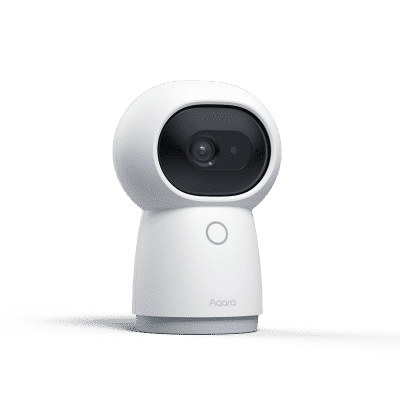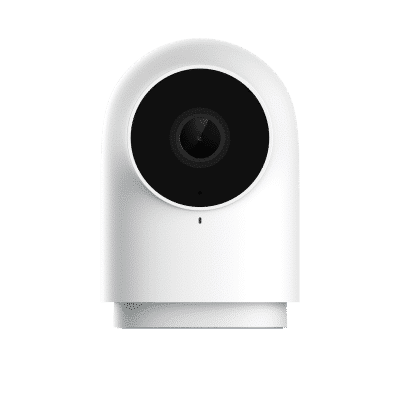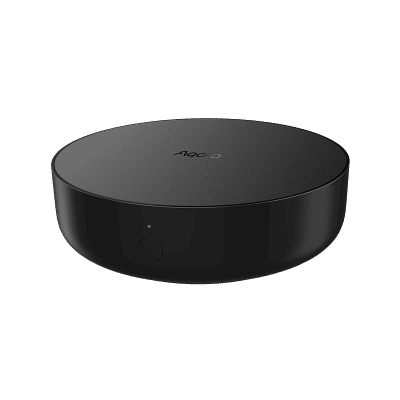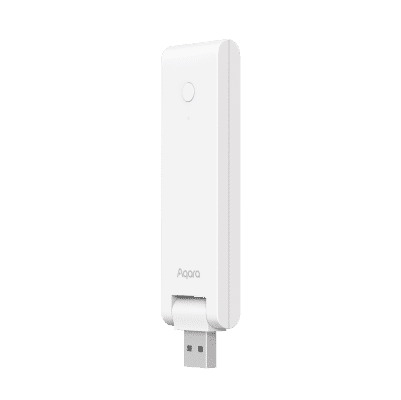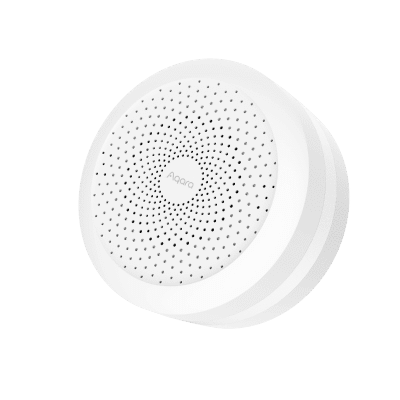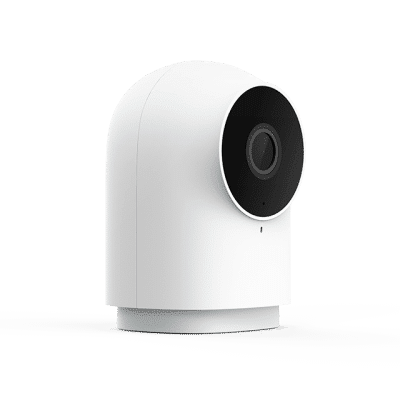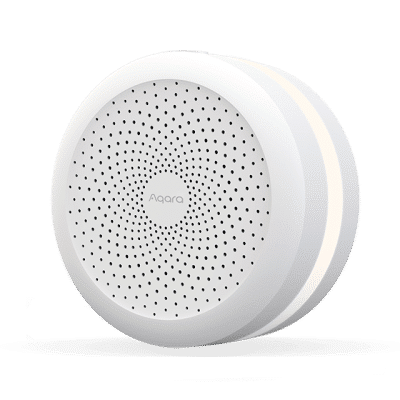Aqara Smart Home Products
Browse the complete range of Aqara products, including our smart hubs, cameras and a wide range of sensors and controllers to automate your home.
Make Your Home Smart with Aqara
Smart homes are the pinnacle of residential technology convergence. They blur the lines between our digital and real lives by using network-connected devices that let you control or automate appliances and systems like lighting, heating, security, and entertainment from anywhere in the world. At its core, the idea of a smart home is to make life easier, save energy, and keep people safe by automating chores and routines, giving you more control and customization than ever before. From voice-activated assistants to automatic locks, climate control, and security cameras, smart homes offer a new way to live by putting technology at the center of comfort, functionality, and ease.
The Aqara smart home ecosystem stands out due to its affordable yet comprehensive range of smart home devices that are compatible with popular virtual assistants such as Amazon Alexa, Google Assistant, and Apple HomeKit. The central element of the ecosystem is an Aqara home hub. The hub can connect to your home network via Wi-Fi, and can control up to 128 related devices like smart bulbs, switches, curtain controllers and sensors.
Smart Home FAQs
What is the best system for a smart home?
The best smart home system can depend on a number of factors, including your specific needs, budget, and compatibility with other devices. Which is why the Aqara ecosystem offers a range of hubs and connected devices to suit a wide range of requirements, making it the best choice for most people. One of Aqara’s standout features is the comprehensive device and platform compatibility so you can also plug and play with many devices from other manufacturers.
What do you need to create a smart home?
To build out the smart home of your dreams there are a few key elements that you will need:
- Smart Home Hub or Controller: A hub acts as the central point of control for your smart home. It can connect and coordinate all of your smart devices. Aqara offers a range of smart hubs which are also compatible with devices from other manufacturers including Apple, Google and Amazon.
- Connectivity: Most smart home devices connect via Wi-Fi or Zigbee. Aqara product support both, and the new Matter protocol. You’ll need a reliable internet connection and possibly a good Wi-Fi router, depending on the number and type of devices you plan to install.
- Smart Devices: These are the individual products that make your home “smart.” They usually connect to your hub and can be controlled remotely or through automation, e.g. smart light bulbs, thermostats, locks, smart plugs, security cameras, switches and sensors.
- Automation Platform: This is typically built into your hub or it might be a separate service, like IFTTT (If This Then That). This allows you to create “recipes” or “routines” so your devices can operate automatically based on triggers. Aqara has inbuilt automation capabilities and is also compatible with IFTTT.
Do smart home devices need WiFi?
Many smart home devices use Wi-Fi for connectivity (including Aqara devices), but not all of them do. Some devices use other types of wireless protocols to connect and communicate, such as Zigbee and the newer Matter standard. Aqara already supports Zigbee and is rolling out Matter support through much of it’s range.
Of course for remote out-of-home control and access to your smart home your hub will need to be connected to a WiFi router with internet access.
What happens in a smart home when the internet cuts out?
What happens in a smart home when the internet goes out can depend on the specific devices and setup you have. If your smart home runs on a local Zigbee network then many functions will continue to operate without internet access. Some devices though require internet, e.g. smart assistants like Amazon Alexa and Google Home will lose much of their utility without the internet.
What does the smart home connect to?
Your smart home consists of a central controlling hub (or hubs) with any number of smart devices connected to this to control various aspects of the home. These devices typically connect over the local WiFi network or a dedicated local smart home network like Zigbee or Matter. In the case of Zigbee or Matter, no WiFi network is required except in so far as some devices may need internet access for full functioning.







